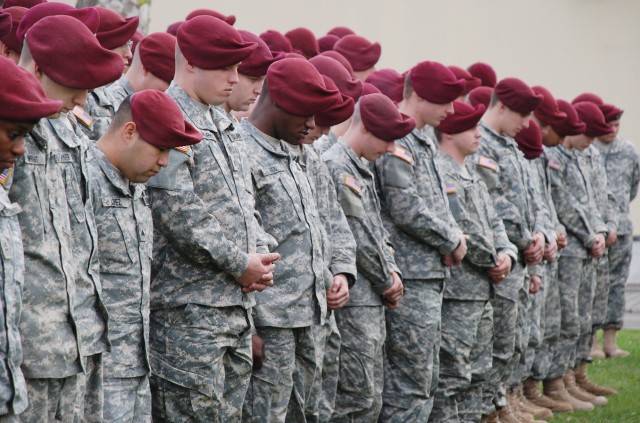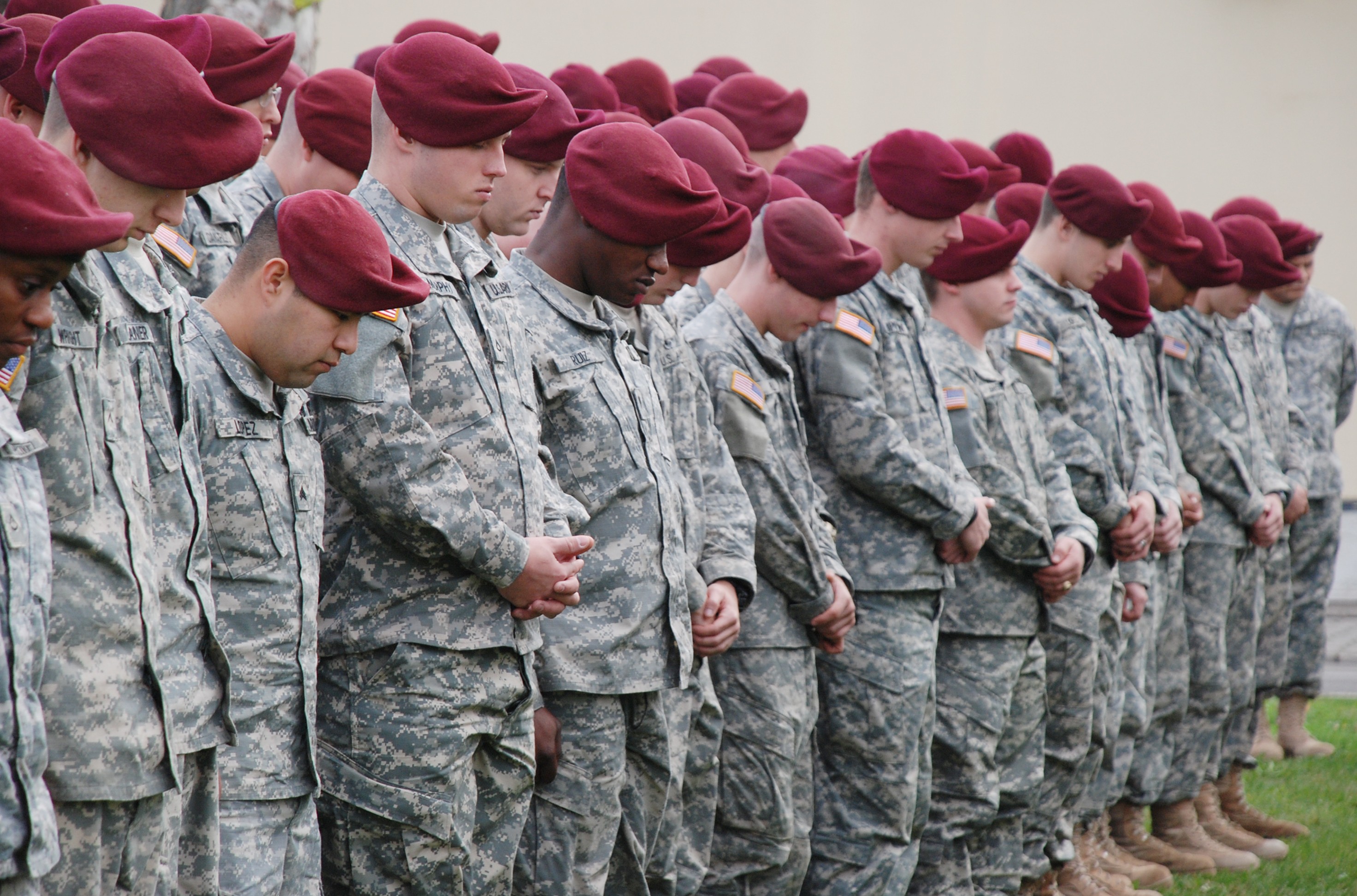
VICENZA, Italy - Sitting in front of a computer and filling out a questionnaire sounds like a strange way to test fitness, but that's exactly how the Army will measure the fitness of the force as part of the new Comprehensive Soldier Fitness program.
The CSF program is focused on building personally resilient troops by ensuring they're healthy in their physical, emotional, social, family and spiritual lives, said Megan Hallam, USAG Vicenza's Health Promotion Officer. At Vicenza, the military community is leading the way by establishing the first working group in Europe to integrate the program at the installation level.
The program was established in October of 2008 as a proactive way to help Soldiers deal with the stress of military service in an era of persistent conflict, according to the CSF Web site.
Divorce rates, increased suicide risk, instances of Post Traumatic Stress Disorder, substance abuse, sexual assault and attrition were the drivers behind the new program, according to a presentation by Brig. Gen. (Dr.) Rhonda Cornum, the Army's assistant surgeon general for force projection, at the Association of the United States Army Conference in October.
The Army level program is beginning by collecting information about Soldiers' holistic fitness. Soldiers will have to complete the Global Assessment Tool (GAT), an online test which evaluates the CSF's five areas of concern.
The GAT will then give the Soldier a confidential snapshot of his or her holistic health, followed by access to training modules designed to build greater personal resiliency skills. The pilot phase of the GAT was completed in October. The test will be re-worked before being introduced at large, although the GAT is still available for Soldiers.
All non-deployed Soldiers will be required to complete the GAT by March 2010.
Many Soldiers at Vicenza will be exempt from taking the assessment by the deadline because of deployments. The GAT will also be adjusted for use by family members and Army civilians, and both tests are scheduled to be available online in 2010.
That information will be separated from personally identifying factors, and used to judge the wellness of the Army community and to find ways that the population can be better served.
At Vicenza, the CSF working group is not waiting for information to come back from Army-level. Taking a preventative approach, the group has started by evaluating the risk periods and trends in the Vicenza community to anticipate future needs, Hallam said.
Data from the Risk Reduction Program such as disciplinary actions, alcohol incidents, financial problems and positive urinalysis rates as compared to the rest of the Army and as compared to trends in the lead-up to prior deployments, is showing overall trends in the community. Other data from last deployment, such as surveys given to Family Readiness Groups, are supplying a picture of the civilian community's well-being.
Preliminary information indicates that substance abuse, suicidal gestures, high-risk behaviors, domestic violence, accidents and traffic offenses all increase in the two to three months before a deployment. A few months into deployments, there is an increased feeling of isolation and disconnect among family members, parenting stress and families with exceptional family members require greater support. Financial problems also tend to peak following the holidays.
To meet these needs, the Vicenza CSF working group is trying to match services to meet needs during periods of increased needs. For instance, the Army Substance Abuse's 3-D month (Drugged Drunk Driving) programming was moved to coincide with the pre-deployment period of increased risk for alcohol-related problems.
As part of the pre-deployment process, Soldiers who are determined to need it will be able to attend resiliency training organized by Behavioral Health. The resiliency training will include couples communication, anger-management, financial readiness, nutrition, stress management and other topics.
"These types of programs are what Comprehensive Soldier Fitness is all about," Hallam said. "This includes the chaplains, medical, Army Community Service - so many of the agencies with programming available to help people. Comprehensive Soldier Fitness is about integrating all these services and seeing how we can focus our efforts, programming and principles in building a resilient Army community."
Related Links:
Related Story: Soldiers learning to 'bounce back' in Philly

Social Sharing